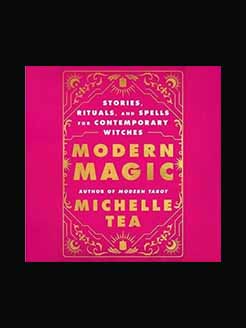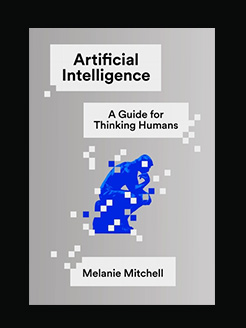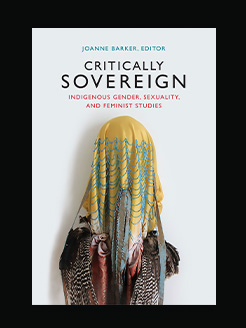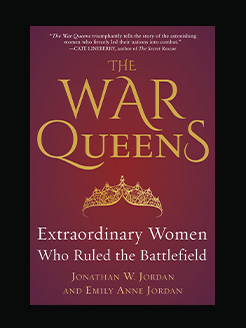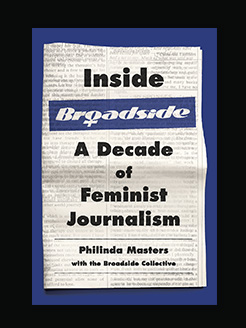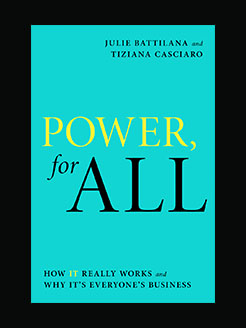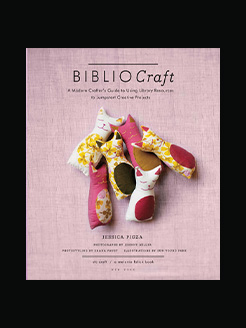Published in 2025 (first published 1998)
431 pages
Geetanjali Shree is the author of five novels and five short story collections. Her work has been translated into English, French, German, Serbian, and some Indian languages. She has received and been shortlisted for a number of national and international awards and fellowships, including the 2022 International Booker Prize. She lives in New Delhi.
Daisy Rockwell is a painter, writer and translator living in the US. She has translated a number of classic works of Hindi and Urdu literature, including Upendranath Ashk’s ‘Falling Walls’, Bhisham Sahni’s ‘Tamas’, and Khadija Mastur’s ‘The Women’s Courtyard’. Her 2019 translation of Krishna Sobti’s ‘A Gujarat Here, a Gujarat There’ was awarded the Modern Language Association’s Aldo and Jeanne Scaglione Translation Prize. She is the winner of the 2022 International Booker Prize.
What is this book about?
“I highlighted just about every line in this book, and I can’t think of a better novel to make sense of our current era.” —Molly Odintz, CrimeReads
From the International Booker Prize-winning author-translator duo of Tomb of Sand, a powerful, kaleidoscopic novel about a fractured society, loosely based on the gathering violence that eventuated in the demolition of the Babri Mosque by religious extremists in 1992.
In an unnamed city in India, violence is erupting between Hindus and Muslims, each side viewing the other with suspicion, rage, and blame. As their identities sharpen, friends and colleagues turn against each other. Hospital beds fill up and classrooms empty out. Curfews are imposed. Residents flee en masse.
Three intellectuals find themselves paralyzed by anxiety and fear. Shruti, a creative writer, spends her time writing and rewriting the same sentence. Hanif is sidelined by his academic department for his secular beliefs. And Sharad finds it increasingly difficult to connect with Hanif, his childhood friend. The only one left to bear witness is the novel’s unnamed narrator, who hurries to transcribe everything that’s happening.
Explosive, raw, and uncompromising, Our City That Year unfolds in a time of rising uncertainty and dread, when nothing will go back to being as it was before. Twenty-five years after its original publication in Hindi, Shree’s clarion call to bear witness to the toxic ideology of religious nationalism is timelier than ever, speaking to the growing divisions across global borders.
Translated from the Hindi by Daisy Rockwell
